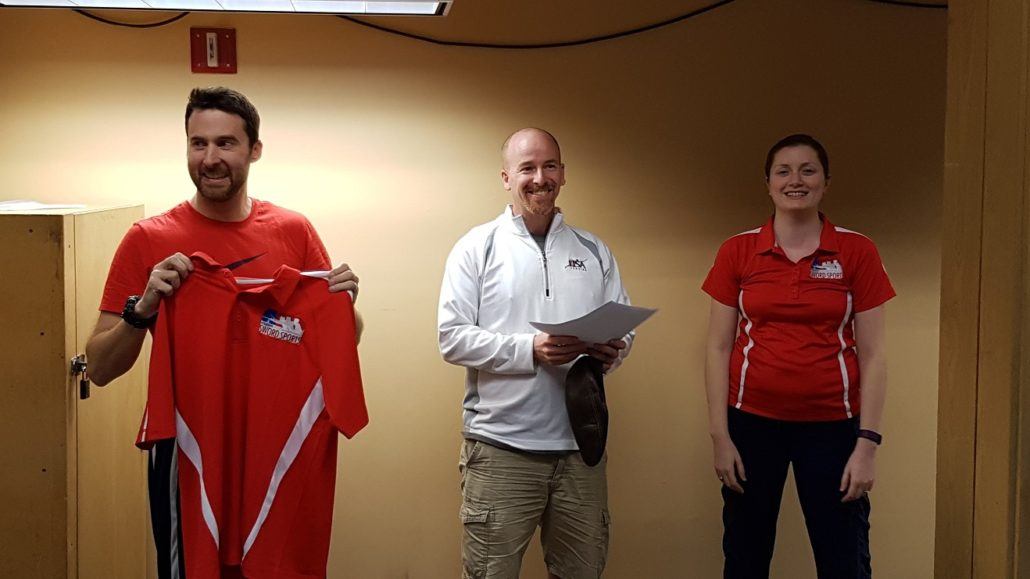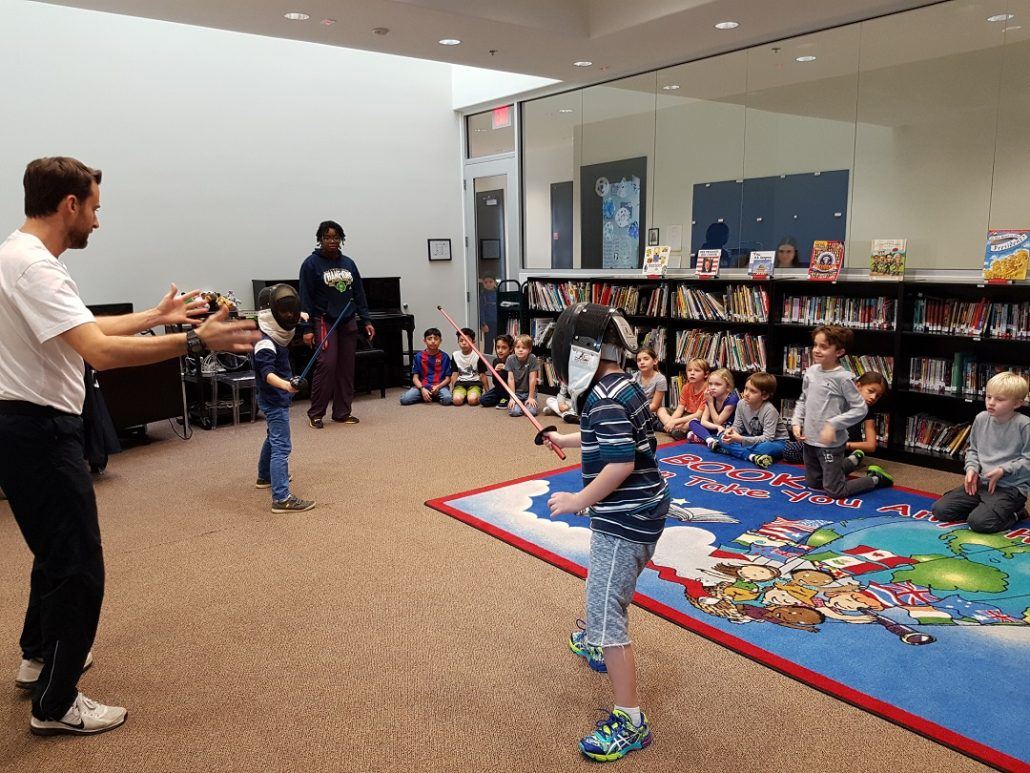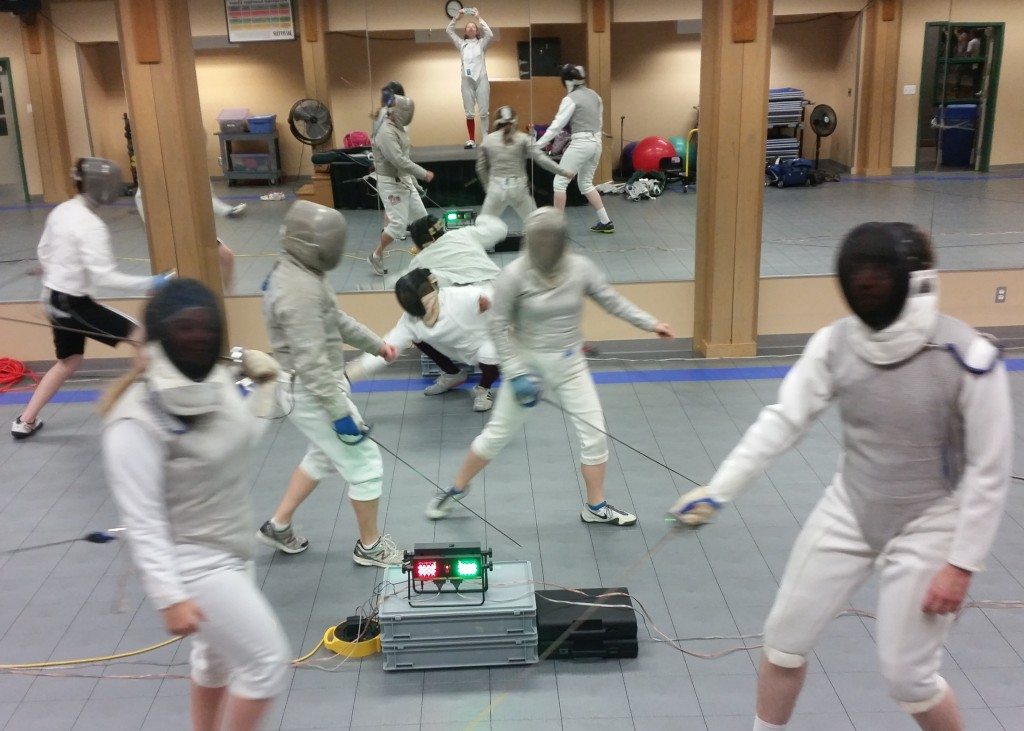Brash 2019 Links and Info
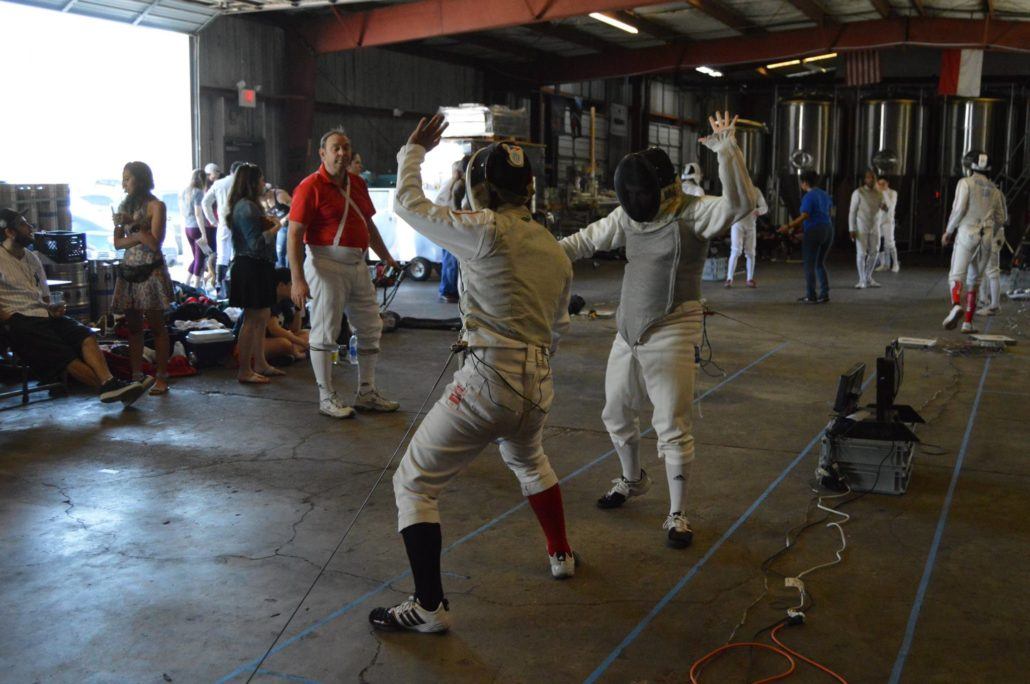
Raise your hand if you are ready for the next Brash!
It’s almost time for the 2019 Houston Sword Sports Brash Invitational! If you’re coming, here’s what you need to know. First, it’s February 16. Once again we are hoping for a cool February, and once again we are not holding our breath.
Get directions to the brewery: 508 W Crosstimbers, Houston TX
Info for non-fencers
Spectators are welcome! Fencing will probably start about 11. The amount of action will vary over time, but if you’re there between noon and three you will probably get to see the most action.
Info for fencers
Epee registration closes at 10:30; Foil registration closes at 12, and Saber registration closes at 1:30.
Then, pre-pay here
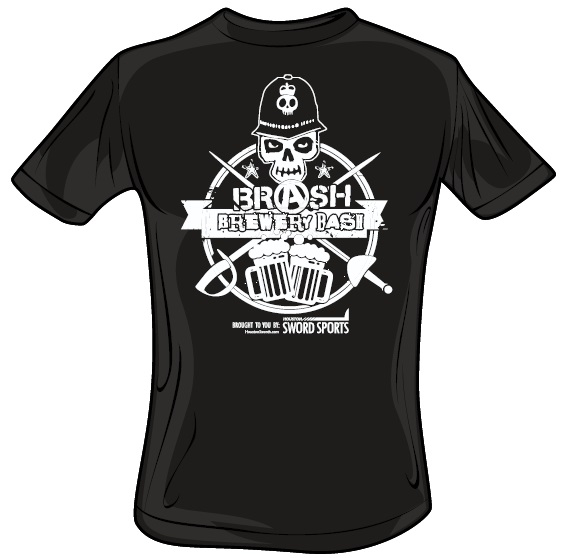
Stay tuned to see and preorder the all-new 2019 Brash shirts!


